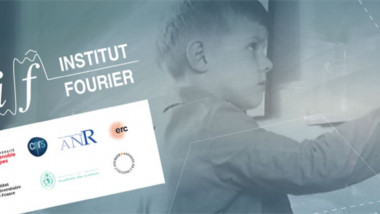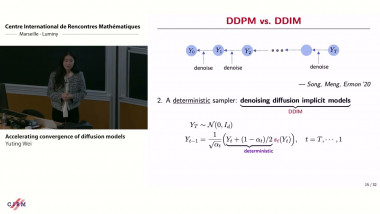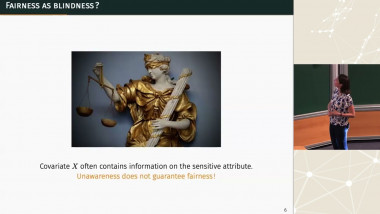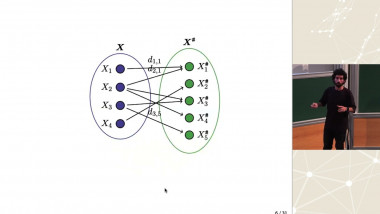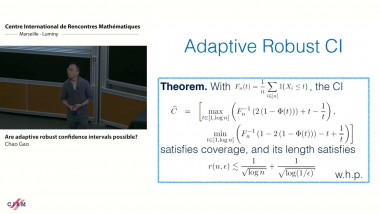Time-frequency analysis of locally stationary Hawkes processes
Apparaît dans la collection : Thematic month on statistics - Week 3: Processus / Mois thématique sur les statistiques - Semaine 3 : Processus
In this talk we address generalisation of stationary Hawkes processes in order to allow for a time-evolutive second-order analysis. A formal derivation of a time-frequency analysis via a time-varying Bartlett spectrum is given by introduction of the new class of locally stationary Hawkes process. This model is most appropriate for the analysis of (potentially very) long stretches of observed self-exciting point processes, as introduced in the stationary case by A. Hawkes (1971), in one dimension (temporal) or in a higher dimensional (i.e. spatial) context. Motivated by the concept of locally stationary autoregressive processes, we apply however inherently different techniques to describe and capture the time-varying dynamics of self-exciting point processes in the frequency domain. In particular we derive a stationary approximation of the Laplace transform of a locally stationary Hawkes process. This allows us to define a local intensity function and a local Bartlett spectrum which can be used to compute approximations of first and second order moments of the process. We will also present some insightful simulation studies and propose and discuss preliminary asymptotic results on how to estimate the first and second order structure of the process. Joint work with François Roueff and Laure Sansonnet
Keywords: locally stationary processes; Hawkes processes; Bartlett spectrum; time frequency analysis; point processes


